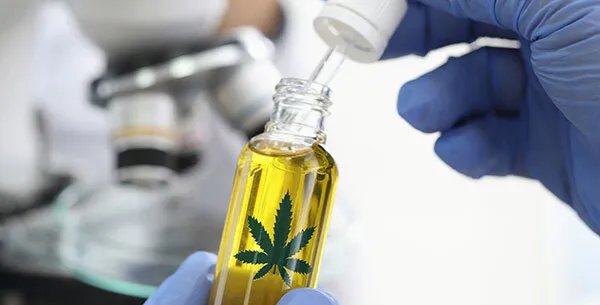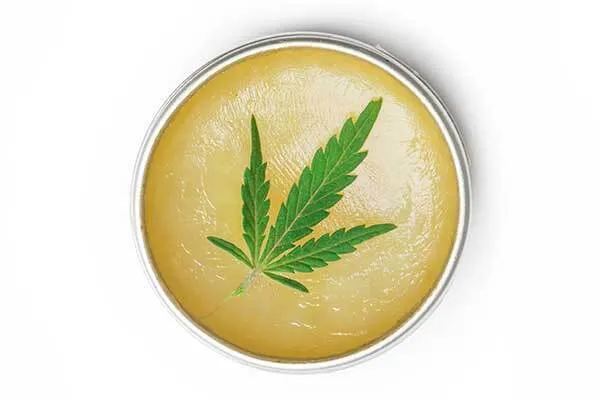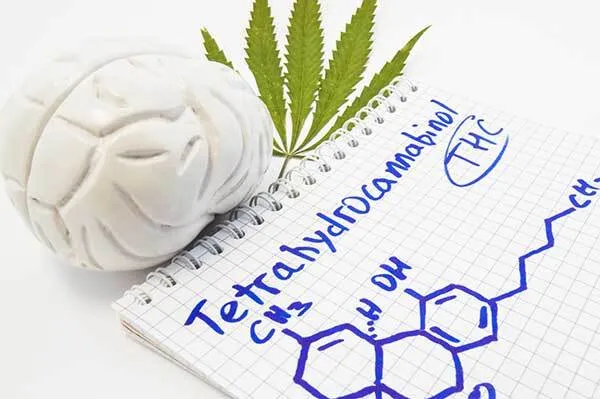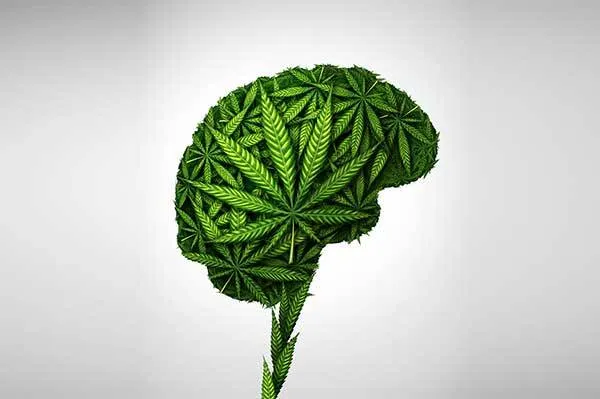What Are The Benefits Of THC Oil?

Introduction
Cannabis contains over one hundred known cannabinoids, but only two of those have truly entered the public consciousness - THC and CBD, with CBN not too far behind. As the war on drugs slowly winds down and medicinal cannabis becomes a viable option for patients worldwide, it’s no longer just your classic stoner who is looking for access to the benefits associated with these compounds. In the context of this widening and diversifying market the question arises - what options are available to those who have no desire to smoke?
This is where THC oil steps in - much more accessible and discreet than burning down a big spliff, and with none of the health risks inherent to smoking. These days THC oil is fast becoming one of the most popular methods of consumption for medicinal and recreational users alike, so let’s take a deep dive and explore the world of THC oil.
Is THC Oil Safe To Consume?
For almost all users THC is considered to be a safe treatment option, but as with any psychoactive compound, THC should be regarded with a certain amount of respect, especially for novice users.
Has anyone ever overdosed on THC?
Overdosing on THC (at least in the classic sense) is considered an impossibility, but that doesn’t mean there are zero side effects related to its usage.

What are the side effects of THC oil use?
If this is your first time considering the use of THC, you should keep in mind that it can:
- Cause short-term memory issues.
- Reduce coordination.
- Cause an increased heart rate.
- Induce dizziness, as well as feelings of anxiety and paranoia when consumed in high doses.
Then there are the more common and less severe side effects like a feeling of general lethargy, a drier mouth than usual, and increased appetite. THC can also induce feelings of euphoria.
It is a good idea to start your THC journey with small doses from accurately measured products and slowly increase the dosage size as you become more familiar with the feelings and effects. Understanding the dosage of THC is very important.
These days there are many high-quality, pure THC oil products available. For the vast majority of users, THC oil is a safe option.
THC Oil Effects
In recent years we have seen the rise of the almighty CBD (cannabidiol), especially in the medicinal cannabis sphere. It is common for the uninitiated to confuse CBD and THC, and while they both fall under the umbrella of the cannabinoid family, they affect the body in totally different ways.
The most major of these differences is the fact that THC has psychoactive properties, whereas strains high in CBD will not have any psychoactive effects on your brain. This is not to say however that besides an enjoyable high, the myriad of health benefits offered by THC oil usage should be ignored or overlooked.
THC oil benefits include:
- Pain relief
- Promotes brain health
- Increased appetite, with reduced rates of nausea and vomiting - making it a great adjunct treatment for cancer patients, HIV sufferers, and those battling eating disorders
- Aids in PTSD treatment
- Aids in the treatment of sleep disorders
- Anti-inflammatory properties
- Anti-bacterial properties

What Does THC Do To The Brain?
At low doses, THC increases serotonin levels. By attaching itself to cannabinoid receptors, it can activate the brain’s reward system and stimulates the release of both dopamine and serotonin.
Serotonin helps in:
- Reducing both depression and anxiety.
- Reducing nausea.
- Stimulating sleep.
- Helps with blood clotting and promotes wound healing.
A study from 2017 showed that a single injection of THC increased the level of Sirtuin1, an enzyme that has been previously shown to be involved in neuroprotection and neuroplasticity in the brains of older mice. This led to an increase in both the volume and density of brain tissue in various regions of the brain of the treated mice, which may prove to be useful in the treatment of cognitive decline in aging humans.
THC has also been shown to be powerful in stimulating general brain growth through the activation of the CB1 receptors, although more research is needed before any concrete claims can be made.
THC Oil For Pain
Pain is the body’s way of signaling to the brain that something is wrong. It is an essential function but can come with a range of undesirable effects for those dealing with it in a chronic way. There are over 50 million people in the USA alone suffering from chronic pain issues, and since pain has a diverse and wide-reaching range of causes there is no one wonder drug that can fix the issue for all sufferers.
Acute pain is often treated by opiates, and while they can be effective in reducing the symptoms for these patients they come with an array of serious and debilitating side effects and are highly addictive. For chronic pain sufferers, this class of drugs rarely brings relief and can in fact do more harm than good. Alternative therapeutic approaches, such as that offered by THC are desperately needed to fill the gap.
While further research is needed on the effects of THC dosage and pain reduction, preliminary results seem to point to cannabinoids (including THC) showing significant promise in basic experiments on pain. THC blocks peripheral nerve pain thanks to the abundance of cannabinoid receptors contained within these nerves. When THC enters the body, it can override normal pain sensations by flooding the receptors that are usually involved in sending the signals that cause pain.
Recent research points to therapy utilizing both CBD and THC in combination as being the most effective approach to treating pain. Due to ethical difficulties in running pain experiments with human subjects, THC is yet to be clinically confirmed to be a strong pain reliever - but anecdotal evidence seems to point to THC having at least a slight effect in pain reduction.

Conclusion
THC oil offers users an effective and safe alternative to smoking cannabis, with much fewer negative side effects. If you are looking to use THC for its medicinal benefits, then we suggest consulting with a doctor to find a treatment plan that is safe and effective. It's also advised to check your local laws to ensure that THC consumption is a legal treatment option for your area.
References
-
20+ Years Experience
Over 500K seeds sold worldwide
100K+ Happy Customers -
Germination Guaranteed
Complete satisfaction or we will replace your order -
Dutch and USA Genetics
Master breeders inspiring strains from across the world -
1-5 Day Delivery - Guaranteed
Free Express Shipping to the US, Canada and UK








